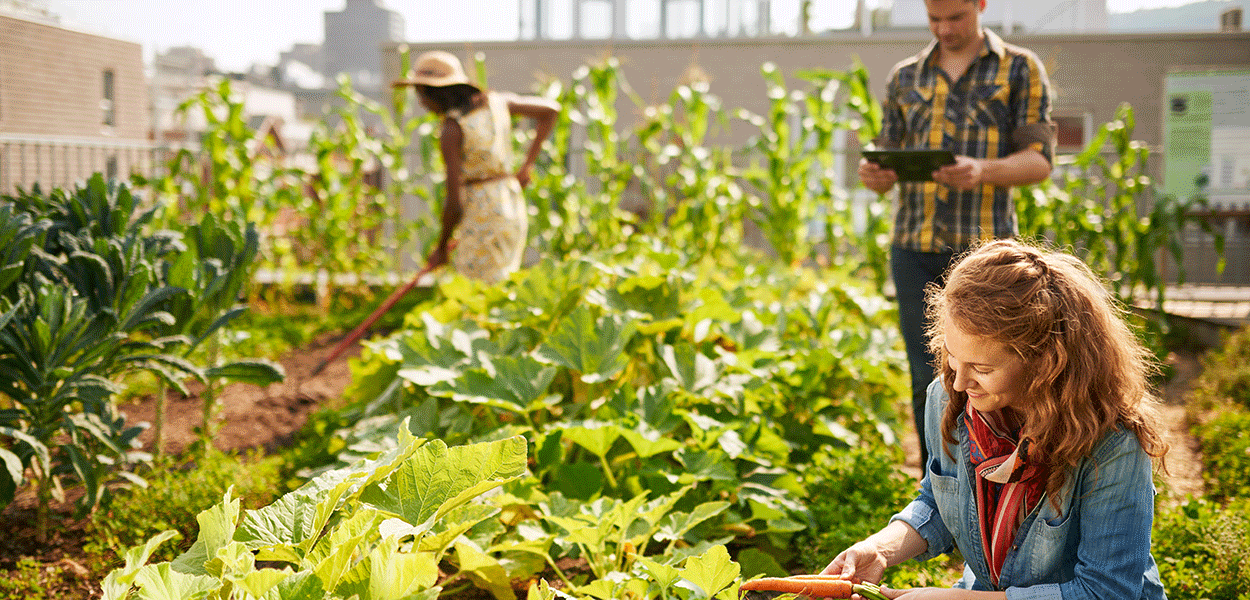Dr. Banerjee and Dr. Morren are the primary investigators of this experiment. Dr. Sanchayan Banerjee is Assistant Professor at VU Amsterdam and an expert in the field of behavioural change. He developed Nudge+ and focuses on the question: what if you make people think about the behavioural interventions that you apply? Dr. Morren is Assistant Professor at VU Amsterdam and expert on communicating sustainable choices. She has studied extensively what type of information can nudge people.
The VU restaurants as Living Lab
As part of his PhD research at the London School of Economics, Dr. Banerjee conducted all kinds of experiments with restaurants to promote their plant-based menus. Working with colleagues, he for example started an experiment in which they combined behavioural interventions with a financial incentive. “I thought: can we do something to subsidise plant-based food and make this visible on the label? Is that an extra push for people to choose the plant-based option?” He thinks it could definitely make a difference for students if the price goes down. “Plant-based items can be more expensive than non-vegan products or products with meat. Many students look at the menu and go for the cheapest dish.” In fact, Dr. Morren conducted a study among VU Amsterdam employees and students and found that price was the most important motivation for making food choices. With Dr. Morren, VU Amsterdam’s Sustainability Strategy team and Eurest staff, Dr. Banerjee came up with a plan to apply his Cambridge research here at VU Amsterdam as well. Working together with colleague Dr. Meike Morren, he wants to turn all VU Amsterdam restaurants into a VU Living Lab in the coming months, “so that we can study people’s actual choices. That way, we don’t have to work with questionnaires where we run the risk of people not answering the questions entirely truthfully.”
Nudge+ and a meat tax
The project applies a scientifically based and practical approach to promote healthy, vegan food within VU Amsterdam. Specifically, the scientists are investigating whether a meat levy and a subsidy for vegan food are more effective when “nudges” are applied. A nudge is a motivation technique in which people receive a subtle push to make a certain choice. Dr. Banerjee cites an example: “You can sell your vegan menu as the standard menu, whereby you offer the possibility to choose a variation with meat if the customer specifically ask for it. These types of interventions can lead people to opt for plant-based meals more often.” Nudge+ involves participants in those interventions. “We make people consider how they feel about the interventions, and which nudges would or wouldn’t work for that person.” Dr Banerjee continues: “If you can successfully motivate people to make healthier and more sustainable choices, then you don’t have to impose that on them."
Based on prior studies, Dr. Morren found that the health advantages of their food choices motivate people stronger than environmental impact. Meike Morren: “In contrast to before where we provided general information, we will now give people an exact estimate of the environmental impact of their reported food choices.” She is curious to see whether people are willing to accept this information, and if it motivates them to reduce the impact of their meals. The change can then happen in a way where the people themselves could ask for it. At the University of Cambridge, this has already happened. Sanchayan Banerjee: “their student union recently voted unanimously to abolish meat in the canteen.”
Looking for participants
Both scientists are currently preparing to set up the VU Living Lab. They’re working with a sample group, for which they’re still looking for volunteers. “We’ve found 300 people so far, but we need more volunteers,” says Sanchayan. The project at the VU restaurants will start in the coming months.
More information about this Seed Money Project as well as an overview of the other scientists involved can be found here.
The VU Living Lab has been featured by the United Nations Academic Impact: Living Lab in a Dutch University: Towards a More Sustainable and Healthy Food Future | United Nations.



